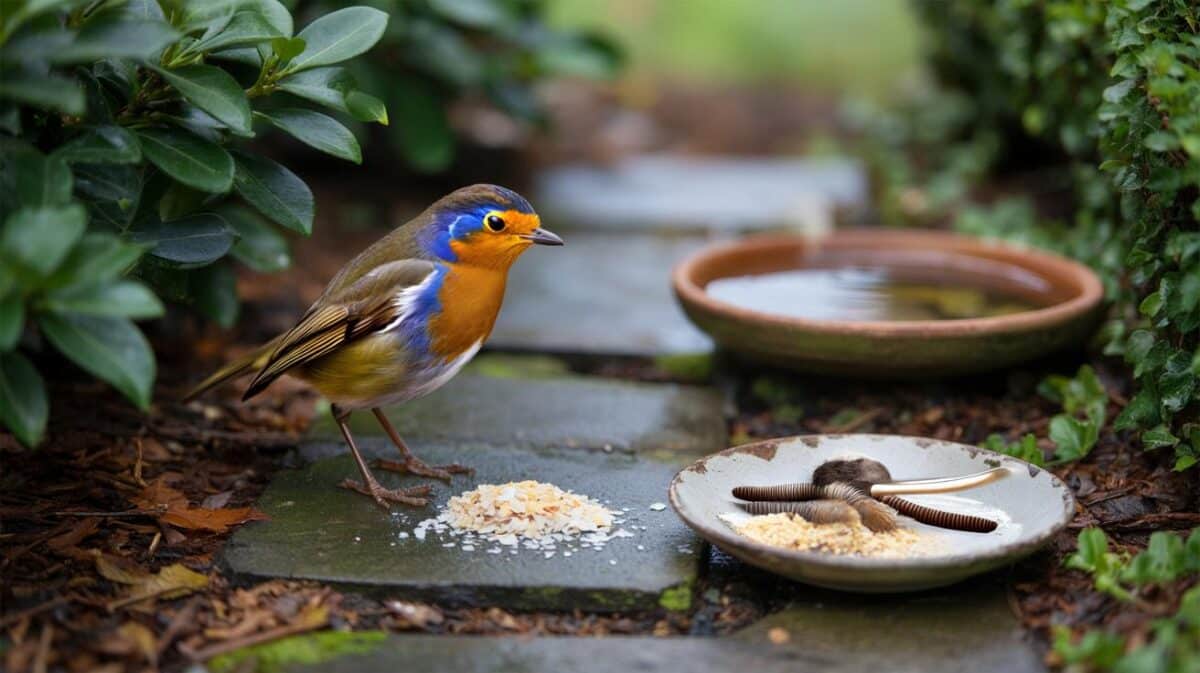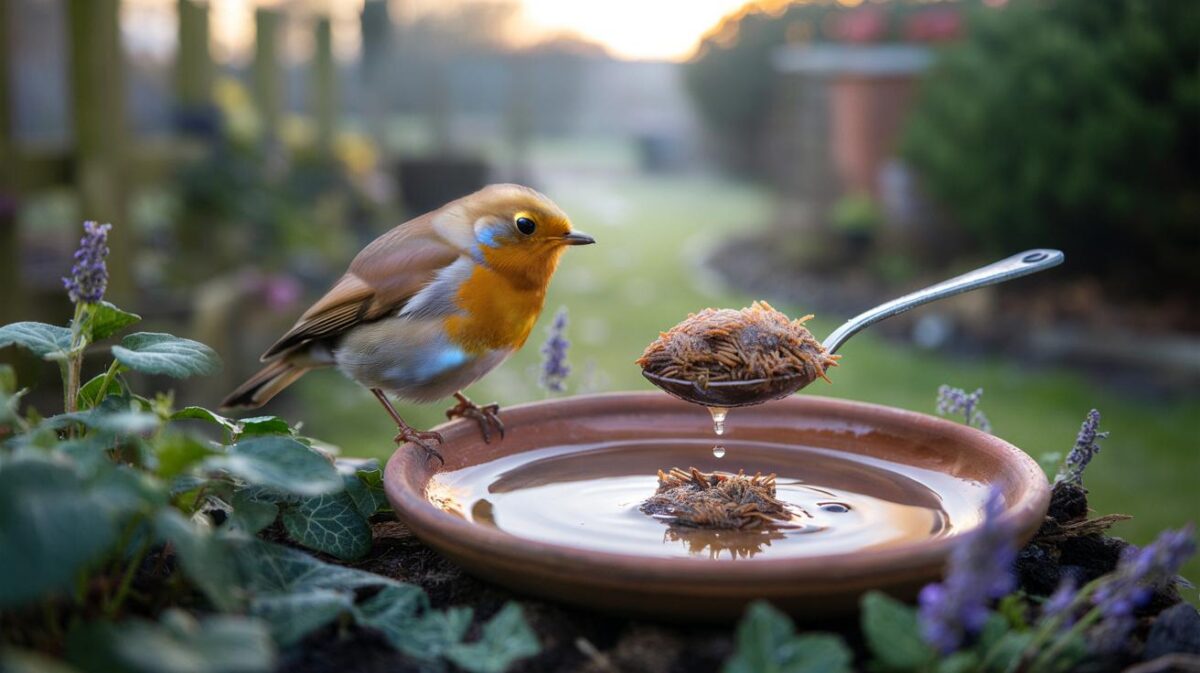The Revel Collective, owner of Revolution, Revolución de Cuba and Peach Pubs, has kicked off a strategic review that includes a formal sale of the business after a disappointing summer and autumn. Management said younger drinkers pulled back, warm weather dented late-night trading, and tax and wage changes squeezed margins despite cost-cutting. The group, which rebranded from Revolution Bars last year, previously shuttered 15 loss-making bars in a bid to stop the slide.
A formal sales process, no talks on the table
The company told shareholders it has hired advisers to examine fresh funding and “other options”, with a formal sales process now underway to test interest in buying the whole business. Executives stressed there are currently no discussions with potential buyers.
The group has launched a formal sale while continuing day-to-day trading. There are no active talks with bidders at this stage.
Insiders said the review aims to stabilise the business and identify a credible future path for venues across its brands. The move could see a sale of the group, a refinancing, or a mix of asset deals. The estate spans roughly 60 venues nationwide across its bar and gastropub formats.
Sales slide as younger customers tighten belts
Management said cost-of-living pressures have hit its core audience hardest, with weaker-than-expected revenues since July. The bar chain’s younger, price-sensitive customers proved cautious, particularly over late summer and early autumn.
Younger drinkers pull back
Footfall volatility has become a headache. Students and twenty-somethings trimmed discretionary nights out, and those who did go out spent less per head. Offers and events helped in pockets, yet the hit to late-night volumes overwhelmed gains elsewhere.
Revenue fell 7.4% to £26.3 million in the three months to September, driven by a 10.5% like-for-like decline in the bars business.
Peach Pubs delivered what bosses called a satisfactory performance, giving some balance to the portfolio, but not enough to outweigh the drop in bars.
Weather and wages bite
Unseasonably warm weather pushed some trade outdoors, away from late-night venues, and clashed with key student launch weeks. At the same time, changes flagged in the autumn budget hurt the cost base.
Actions to cut costs and lift margins were not enough to absorb changes to the employer NICs threshold, minimum wage, and duty on spirits.
Debt crept higher to £25.3 million at the end of September, up from £22.1 million three months earlier, as weaker trading fed through to cash generation.
Key numbers at a glance
- Venues: roughly 60 sites across Revolution, Revolución de Cuba and Peach Pubs
- Recent closures: 15 loss-making bars shut last summer
- Latest quarter revenue: £26.3 million, down 7.4%
- Like-for-like bars performance: down 10.5%
- Net debt: £25.3 million (vs £22.1 million at end of June)
- Trading backdrop: fragile sentiment among younger guests; warm summer affected late-night bars
What this could mean for your local
Venues typically keep trading during a strategic review. Gift cards and bookings are usually honoured while the process runs. Staff remain employed, rotas stay in place, and suppliers continue servicing sites. A buyer could keep the brands intact, rebrand selected bars, or sell individual venues to other operators.
For customers, that means your regular Friday plans shouldn’t change overnight. The most immediate differences often show up in promotions and menus as operators chase margin. Expect sharper pricing on spirits and cocktails, tighter happy-hour windows, and a renewed push on higher-margin items.
Why the pub and bar sector feels the strain
Hospitality has faced a layered squeeze: higher energy and food costs, a tight labour market, rising National Living Wage rates, and duty changes on spirits. City-centre late-night bars have also wrestled with hybrid working, which reduces weeknight footfall. Meanwhile, punters have grown more selective, trading down from rounds of cocktails to simpler serves, or staying in.
Revel Collective’s split portfolio shows the divergence. Premium gastropubs can lean on food, daytime trade and families. Bars depend more on late-night energy, student custom and weekends, which are more exposed to budget jitters and weather swings.
A quick margin reality check
Consider a typical late-night venue taking £60,000 a week. If labour runs at 30% of sales and wage costs rise by 5%, labour alone adds around £900 a week. Apply higher spirits duty and supplier price lists to a cocktail-led mix, and gross margin can fall by 1–2 percentage points. Unless prices rise or costs fall elsewhere, the site’s weekly cash surplus shrinks quickly.
Operators try to fight back by simplifying cocktail lists, batching serves to reduce prep time, cutting underperforming hours, and nudging guests toward higher-margin drinks. These moves protect cash, but they struggle against prolonged demand softness.
Who might buy and what they would look for
Potential scenarios include a private equity buyer for the whole group, a trade sale to a larger leisure operator, or carve-outs where selected clusters move to different owners. Buyers will focus on site profitability by daypart, rent deals, and the ability to reconfigure floor space for events and brunch to spread risk beyond the 10 pm to 2 am window.
Landlords will watch vacancy risk. A credible buyer with a turnaround plan supports rental income and local high streets. Towns where Peach Pubs anchors daytime trade could fare differently from city centres stacked with late-night venues, where consolidation is more likely.
What to watch in the weeks ahead
| Metric | Figure | Period | Notes |
|---|---|---|---|
| Revenue | £26.3m | Three months to September | Down 7.4% year on year |
| Like-for-like bars | -10.5% | Same period | Bars hardest hit; pubs satisfactory |
| Net debt | £25.3m | End of September | Up from £22.1m end of June |
Practical tips if your nearest site is affected
- Check opening hours before travelling; operators often trim quieter slots first.
- Use gift cards promptly; most remain valid during reviews but policies can change post-sale.
- Expect menu tweaks and price moves; look for set menus or early-evening deals to save.
- Follow venue social feeds for real-time updates on events, closures or rebrands.
The bigger picture for drinkers and staff
If the sale attracts strong bidders, investment could refresh tired sites, add daytime trade and stabilise jobs. If buyer appetite proves weak, more selective closures and disposals may follow, raising pressure on town-centre nightlife. For workers, upskilling across bar, floor and kitchen shifts increases shift flexibility and job security, whichever owner takes charge.
Management still believes the portfolio can perform, but wants new capital or new ownership to get there.
For now, the company remains open for business while the review runs its course. The next updates will show whether bidders step forward and whether Britain’s thirst for a night out can offset a harsher cost base through the winter trading season.








Sad to see 60 venues for sale after 15 closures. Does this mean my town’s local could vanish next? What happens to bookings and gift cards if no buyer steps up?